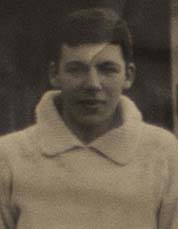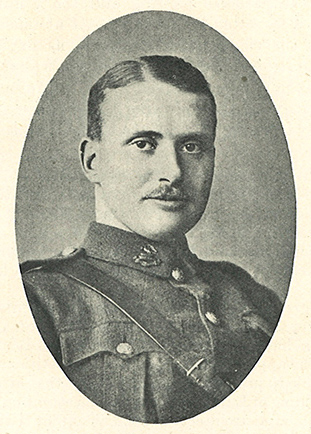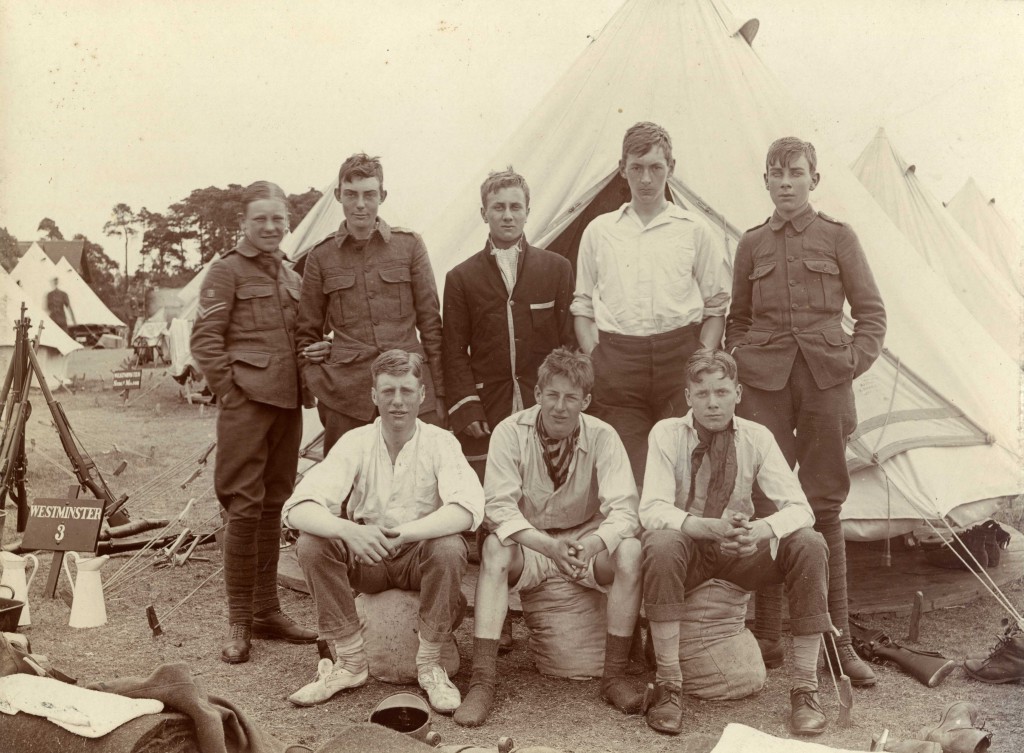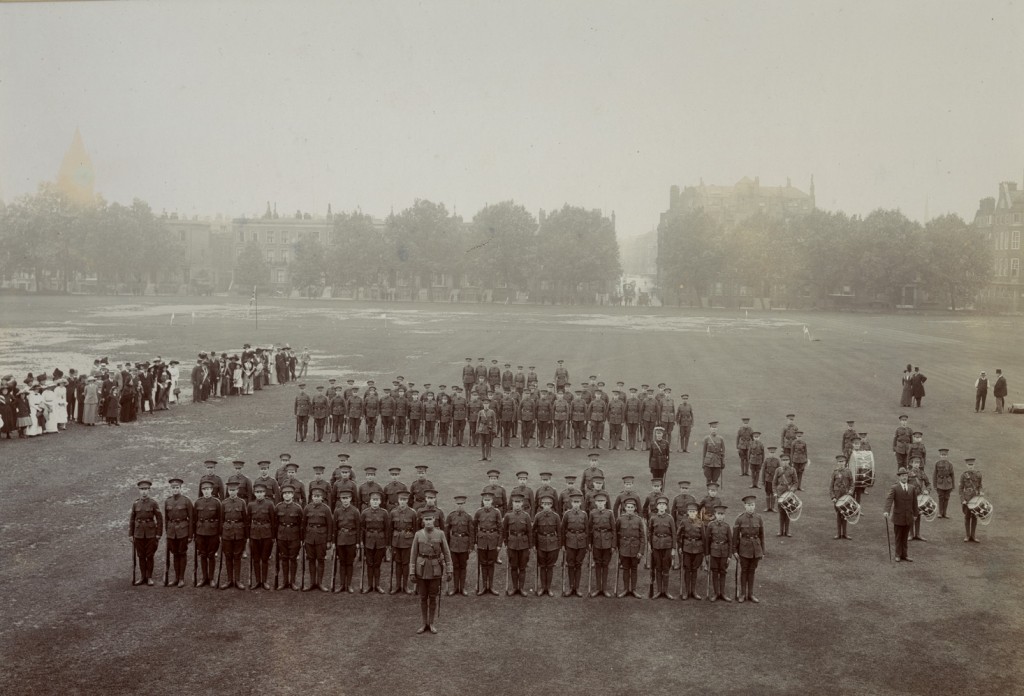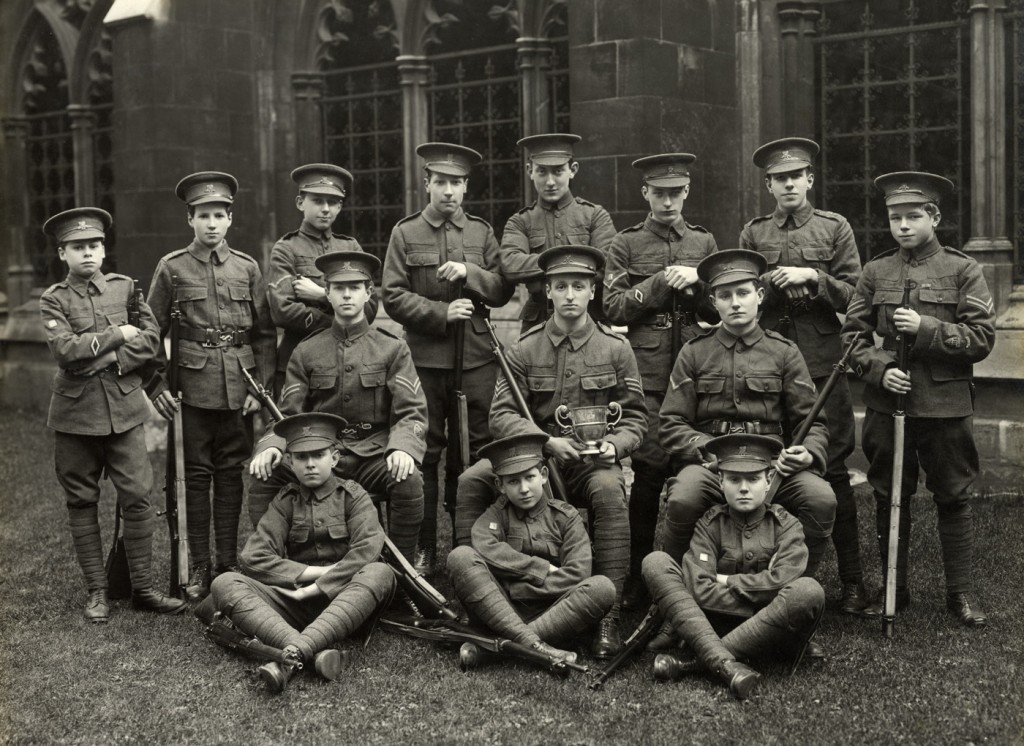THE exeat was spent by eight of the Senior N.C.O.’s with the second-in-command at the C.O.’s residence in Sussex, and an extra day was granted by the Head Master. The mornings were spent in various instructions, including advanced guards, rear guards and outposts. Part of the afternoons were given to panorama sketching under the second-in-command ; at this some of the party excelled themselves. Equal numbers of the N.C.O.’s slept in a but and a tent. A feature of the last evening were unofficial night operations between the two, ending in a certain number of bruises but complete satisfaction to both sides. This exceeded in excitement even the night march home after the C.O. had led us far away and left us to our own devices.
We have to thank Mrs. Willett and the C.O. most heartily for the most excellent time we spent, and assure them we shall not forget the work, the lawn-tennis and the other forms of recreation.
Inspection, which took place on June 3o, may be looked upon as a success. Rumours were early afloat that the inspecting officer, Brig.-Gen. Broadwood, would not hesitate to pass adverse criticism if he should find this to be necessary. As a consequence we felt particularly pleased that nothing but praise fell to our lot.
The General arrived with a Captain of his staff at 2.25. After the salute had been taken (we had no bayonets) the whole company was inspected, and then the official organisation of threeplatoons marched past in line. This was repeated by the left, and then No. 4 Platoon, headed by the Sergt.-Instructor, also marched past. We understand that in all cases the dressing was well kept.
After a little close order company._ drill conducted by the 0.C., the platoons were separated for platoon drill. This was by no means what we expected, as we had rather paraded the fact that most of our N.C.O.’s were competent to command an entire company. However, it may be said that everybody rose to the occasion, and the few restricted movements permitted to a platoon in close order were carried out under the orders of separate commanders. Although we felt worthy of better things, these movements were gone through with smartness, and apparently satisfied the inspecting officer.
We were spared the rather painful business of imitating field work on Vincent Square, and after a short address by the General, in which we were told that our performances in close order and our general turn-out had given him complete satisfaction (our heads must have been held up on parade after all), we realised that the annual inspection was over, and we all proceeded to get ourselves photographed in various attitudes and combinations.
On Thursday, July 8, we had a field day at Chilworth. Owing to railway complications forty out of our party of 18o had to get to this place, which is on the S.E.R., via Guildford,on the S.W.R. The different itineraries fitted well enough to land both sections of our army at their destinations very nearly at the same time, both going and coming.
The actual operations took the form of an attack by us on a depot in charge of Cranleigh O.T.C., and known vaguely to be somewhere on the south-eastern part of Blackheath. The feature of the day was that all the management of attack and defence was in the hands of cadets, the officers of both corps acting as umpires. Com.-Sergt.- Major Holmes was the Westminster Commander, and with the assistance of a large and efficient staff he developed a sound attack. The country is rough and rather wooded in parts, and it may be taken as very creditable in the circumstances that something not at all unlike a firing line found itself ultimately lying approximately parallel to a similar disposition of the enemy’s troops.
Lack of space forbids the production of any details of individual daring and prowess. Suffice it to say that the depot was not exactly captured (it never is, never !), but one half-platoon made a sudden dash down a road in the right direction a few seconds before the cease-fire, only to be met at the turning by a posted machine-gun (imitation) which would certainly have scuppered them. Still, the precise whereabouts of the depot might then have become known, and the writer feels that this would have been an unusual achievement on such a field day as this. It should be said that a preconcerted plan of the Westminster Staff to capture the depot by strategy was completely spoilt by one of the enemy’s umpires.
We all had tea at the inn in Chilworth that many of us know already, and dismissed in yard about 7.40 P.M. It .was an instructive day, and most people enjoyed it, in spite of a few heavy showers in the earlier part.
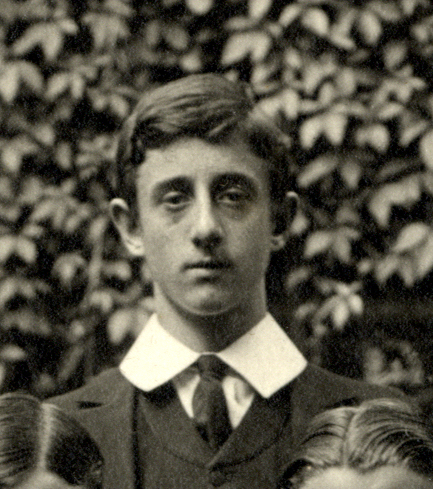 Ralph Forster was born on the 13th July 13 1898 and arrived at the school in September 1912. His father – Ralph William Elliott Forster – had been at the school before him as a Homeboarder, but Ralph junior became a member of Grantite.
Ralph Forster was born on the 13th July 13 1898 and arrived at the school in September 1912. His father – Ralph William Elliott Forster – had been at the school before him as a Homeboarder, but Ralph junior became a member of Grantite.